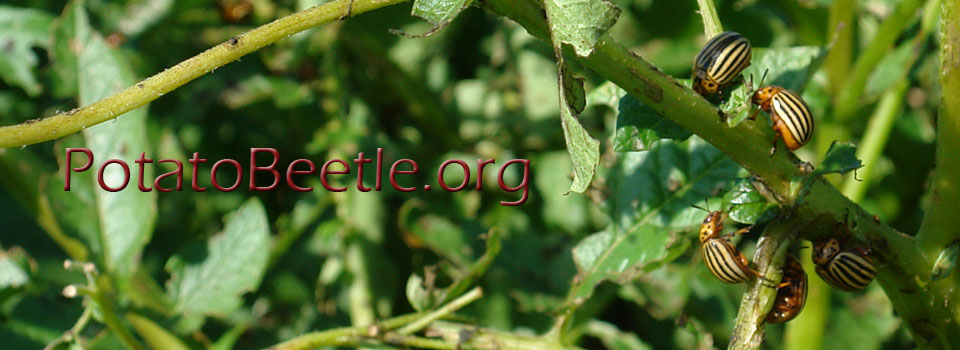Rainio MJ, Margus A, Lehmann P, Helander M, Lindström L. Comparative Biochemistry and Physiology C, Toxicology & Pharmacology. 2019;215:47-55. doi: 10.1016/j.cbpc.2018.09.005.
Glyphosate is the globally most used herbicide against a wide range of weeds. Glyphosate has been considered safe to animals as it mainly targets physiological pathways in plants. However, recent toxicological studies have revealed that glyphosate can cause various toxic effects also on animals. In this study, we investigated the direct toxic effects of a glyphosate-based herbicide (GBH, Roundup® Bio) on (1) survival and (2) oxidative status of a non-target herbivore by using Colorado potato beetles (Leptinotarsa decemlineata), originating from Poland and USA, as model species. Larvae were randomly divided into three groups: (1) high concentration (100% Roundup Bio, 360 g/l), (2) low concentration (1.5% Roundup Bio) and (3) control group (water). Larvae were exposed to Roundup for different time periods: 2 h, 24 h, 48 h, 72 h and 96 h. Larval survival decreased in the group treated with high concentration of GBH compared to controls, whereas the low concentration group did not differ from the control group. GBH treatment had no association with oxidative status biomarkers (i.e. catalase, superoxide dismutase, glutathione-S-transferase, glutathione and glutathione related enzymes), but increased lipid hydroperoxide levels after 2 h exposure, suggesting increased oxidative damage soon after the exposure. Larvae of different origin also differed in their oxidative status, indicating population-dependent differences in antioxidant defence system. Environmentally relevant concentrations of GBH are not likely to affect larval survival, but high concentrations can reduce survival and increase oxidative damage of non-target herbivores. Also, populations of different origin and pesticide usage history can differ in their tolerance to GBH.
